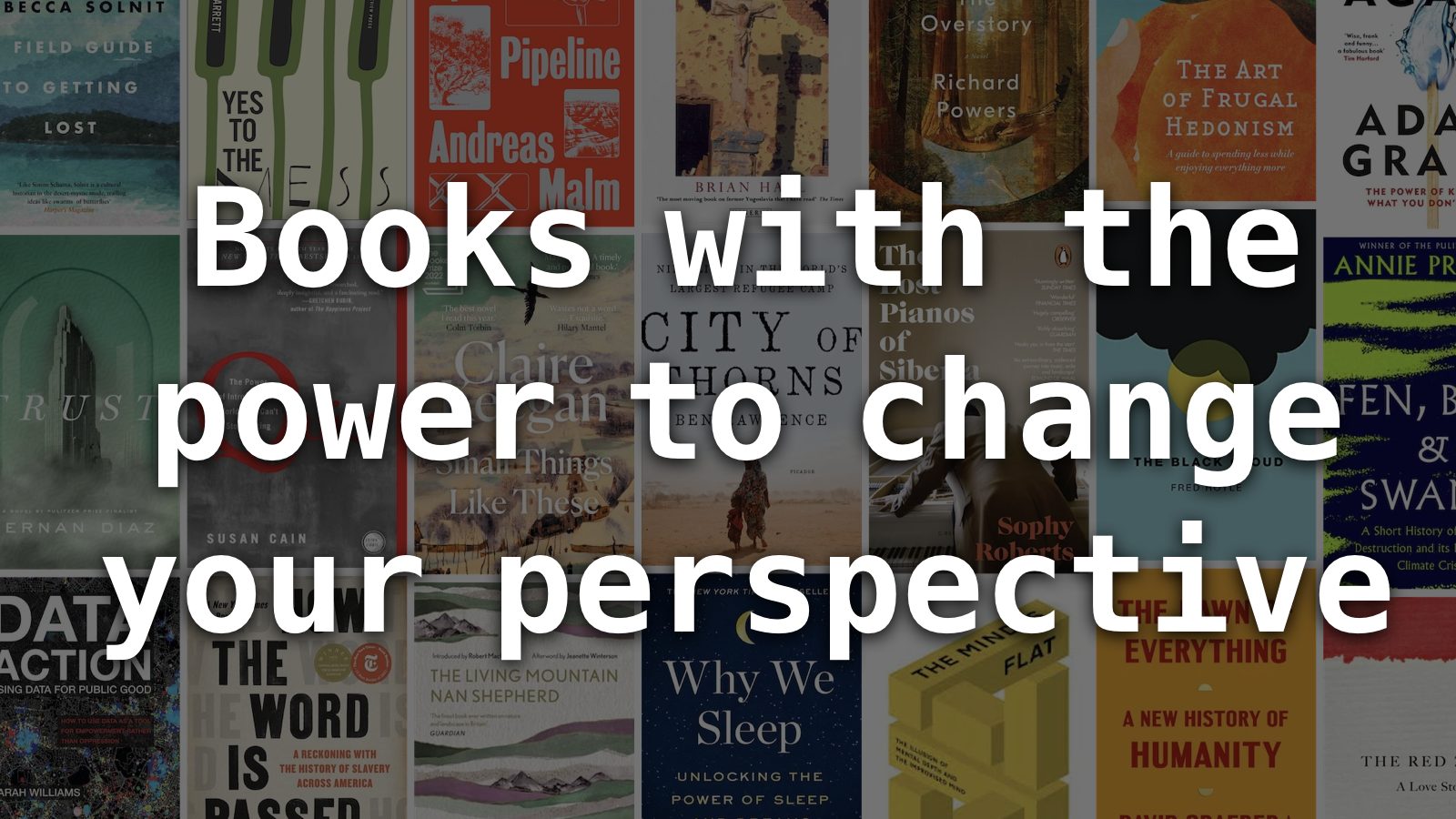Guide to Empathy and Allyship
+ The manual labour behind artificial intelligence, why it's sometimes smart to work hard, not smart (#448)
Welcome to my little corner of the world wild web, where there's all the good stuff and none of the bad. Make yourself at home, there's a lot to take in. Enjoy!
In case you missed it last week, make sure not to miss it again: Your fellow newsletter readers worked hard to co-create a wonderful list of books you will want to read.

45 books that have changed people's perspective on something important — novels and non-fiction, classics and little known gems.
1. The Transgender Family Handbook
What a wonderful piece. So many bits that you will find useful — now, sometime in the future, or simply because they help foster empathy. 144 specific suggestions on how to be a good ally to transgender loved ones, gathered from more than 100 conversations with trans children and adults, their parents, and health-care providers.

Reminded me of one of my all-time favourite podcasts: How to be a Girl.
2. The Physics of Kaizen: Why Somebody Should Get Credit for Fixing Problems That Never Happened
People who think they are smart will tell you to «work smarter, not harder». Here's the thing: If you want to be truly smart about your work, it's not a binary: Both modes are useful, at the right time. Sometimes the smart move is to not work smarter, but harder. Excellent piece.

3. AI Is a Lot of Work
The best article I've seen so far on the manual labour behind the glossy facade of artificial intelligence. There's one sentence in this piece that brilliantly captures it all, but you will have to re-read it over and over again before you start understanding it: «ChatGPT seems so human because it was trained by an AI that was mimicking humans who were rating an AI that was mimicking humans who were pretending to be a better version of an AI that was trained on human writing.»
/cdn.vox-cdn.com/uploads/chorus_asset/file/24737787/236709_ai_data_notation_labor_scale_surge_remotasks_openai_chatbots_RParry_001.jpg)




